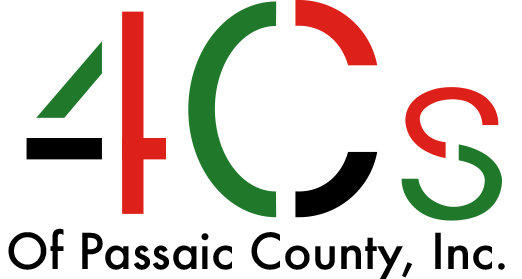Licensing Requirements
All child care providers receiving payment through the NJ Child Care Assistance Program must be licensed or registered by the Department of Children and Families, Office of Licensing (DCF/OOL) or approved by the Department of Human Services, Division of Family Development (DHS/DFD). This includes child care centers, school‐based programs, summer camps and home-based providers, such as family child care providers and approved homes.
All programs that were license exempt, such as public and charter school or faith-based organizations, must become licensed and must comply with the requirements below in order to receive payments through the NJ Child Care Assistance Program.
What must a program/provider do in order to be licensed?
To obtain a license from the Office of Licensing, a program/provider must:
- Demonstrate compliance with state building and fire codes;
- Provide adequate supervision maintaining required staff/child ratios, provide age appropriate activities, use positive methods of guidance and discipline, and provide adequate nutrition and rest;
- Maintain clean and safe indoor and outdoor environments;
- Maintain proper records and obtain comprehensive criminal background checks for all staff involved in a child’s care or supervision;
- Comply with annual OOL unannounced inspections and complaint investigations; and
- Complete pre‐service health and safety trainings.
Who must have a comprehensive criminal background check?
All child care providers and staff age 18 and older. This includes:
- Anyone who is involved in a child’s care or supervision of children or who may have unsupervised access to children (including volunteers, bus drivers, kitchen staff, janitors, and administrative employees.
- Anyone who lives in a registered family child care home and is over 18. If a provider cares for children to whom they are related, then they do not need to have a comprehensive criminal background check. However, in that case – all children in that provider’s care must be related to the provider.
What does a comprehensive criminal background check include?
A Comprehensive Criminal Background Check may include:
- Criminal History Record Information (CHRI) Fingerprint check;
- State and National Sex Offender Register Check; and
- Child Abuse Record Information (CARI) Check (staff ages 14 and older will be required to undergo the CARI check).
What are disqualifying crimes?
A child care staff member may not be able to work in a child care program that is receiving payment through the NJ Child Care Assistance Program if the meet any of these disqualifying crimes and ineligibility requirements:
- Refuses to consent to the criminal background;
- Knowingly makes a false statement;
- Is registered, or is required to be registered, on a state sex offender registry or repository or the National Sex Offender Registry;
- Has been convicted of a felony, including the following crimes: murder, child abuse or neglect, crimes against children including child pornography, spousal abuse, crime involving rape or sexual assault, kidnapping, arson, physical assault or battery, or drug-related offenses committed during the preceding 5 years; and
- Has been convicted of a violent misdemeanor committed as an adult against a child, including the following crimes: child abuse, child endangerment, sexual assault, or of a misdemeanor involving child pornography.
How do I know if the adults in my child’s child care program have had a comprehensive criminal history check?
You can review the Division of Children and Families, Office of Licensing Inspection Violation Report. Lines 86-90 of the inspection report cover comprehensive criminal background checks, which include that Criminal History Record Information (CHRI) Fingerprint check and the Child Abuse Record Information (CARI) check. Inspections are available on our child care search page.
What is included in pre‐service health and safety trainings?
Health and safety trainings include:
- NJ Health and Safety Basics which covers topics including, but not limited to, how to create a safe environment, transportation safety, handling and storage of dangerous materials, what to do in an emergency, how to respond to food and allergic reactions, and safe sleep practices;
- Identifying child abuse and neglect, and when and how to report it; and
- First Aid and Pediatric CPR Training.
Where do I find the outcome of unannounced inspections?
Inspections are available on our child care search page.





